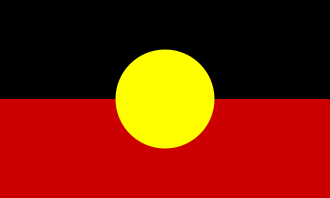Home » Whistleblowing
The Treasury Laws Amendment (Enhancing Whistleblower Protections) Bill 2018 amends the Corporations Act 2001 to consolidate and broaden the existing protection regime for disclosures of information by individuals. It was passed into law in Australia in February 2019 and will come into effect on 1 July 2019.
The Bill introduces reforms in Australia’s corporate whistleblowing regime by providing enhanced protections to whistle-blowers and increasing the penalties for companies that breach those protections.
The Bill excludes most disclosures of person work-related grievances from protection. A disclosure of misconduct that is a personal work-related grievance of the whistleblower is only protected if the disclosure concerns alleged vicitimisation.
We recommend that you have a Whistleblower policy and that you educate and train staff around what it is and how to use it. In addition, your staff who are responsible for administering the policy need to be trained around what constitutes a whistleblower, and what their obligations are if they receive a whistleblowing complaint.
To ensure that you have a compliant whistleblower policy please see the latest updates from ASIC. Or you can download Regulation 270 issued by ASIC (November 2019) here.
ASIC outlines the criteria to determine whether you are a whistleblower.
EWC will work with you to determine whether the complaint attracts the protections of a ‘whistle-blower’. If you would like us to notify your employer about your complaint we will need your consent to disclose your complaint before contacting the employer.
You can lodge an anonymous complaint. However, we must obtain consent from you before disclosing information to the employer. This could be information surrounding the complaint, the Department or section you work in, and names of the people involved. Complainants (the person making the complaint) need to understand that even if you lodge an anonymous complaint, the circumstances may be such that you can be identified, and anonymity may be difficult to maintain.
Where we are unable to assist a complainant, you can contact the Fairwork Ombudsman or the Fairwork Commission to determine whether you are eligible to lodge an application. You may also be eligible to lodge a complaint at ASIC, AHRC, or your State Anti-Discrimination body (see useful links below). Alternatively, you can contact a private lawyer, industrial advocate, your professional body, your Union or your local State’s Health and Safety body.


We acknowledge the Traditional Custodians of Country throughout Australia and recognise their continuing connection to land, waters, skies, and communities. We pay our respects to Elders past and present, and extend that respect to all First Nations peoples today. Across this country, Aboriginal and Torres Strait Islander peoples have long practised deep listening, truth-telling, and community-led resolution. These practices inspire our commitment to fairness, respect, and voice in the way we support workplaces through mediation, investigations, and complaint handling. We honour these enduring cultural traditions as we work to build safer, more inclusive, and accountable environments for all.
If you are looking for an experienced and professional provider for whistleblowing and complaints management for you business, Emverio is the partner for you, contact us today